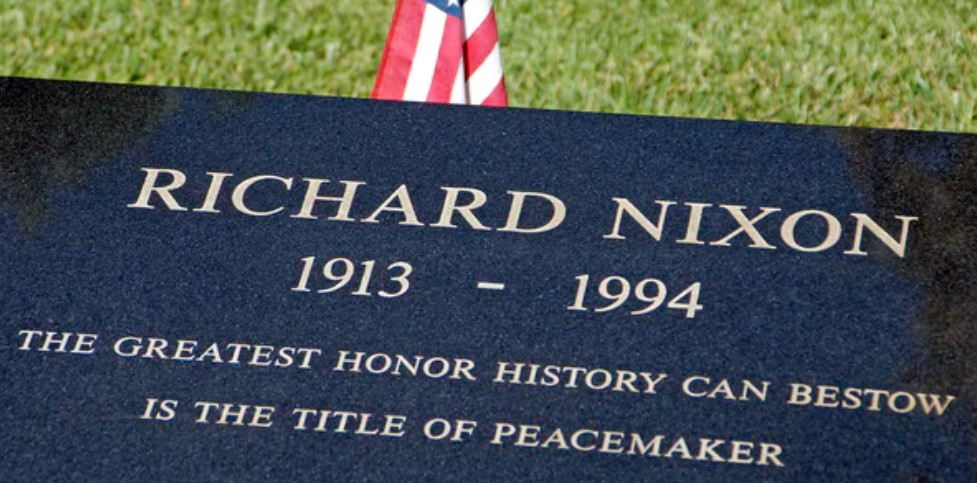Republicans used ‘law and order’ message before: This is why Trump could do it again
In 1991, Donald Trump’s mother, Mary, was mugged on a New York street. As Trump’s niece recounts in her new book, the young assailant slammed Mary’s head into her Rolls Royce so hard, that she suffered from brain haemorrhage.
Published: September 2, 2020, 2:57 pm
This firsthand experience with violent crime informed Trump’s hardline views on criminal justice and could serve him well now as he crafts a law-and-order election strategy to try to defeat Democratic challenger Joe Biden in the upcoming presidential election.
A president cruising to an almost certain defeat – with the deaths of 175,000 Americans (and rising), urban unrest, a tanking economy and an impeachment trial all on his watch – has hit upon a key issue that will make him competitive in November.
With the possible exception of a vaccine for COVID-19 being found in the next two months, Trump could hardly contrive a more potentially effective campaign theme.
History should give Trump reasons for optimism. The presidential elections in 1968 and 1988 provide a template for Republican victory on a law-and-order platform. Indeed, each of those previous elections presents a parallel that should concern Biden — and which he must counter.
Nixon’s pledge to restore ‘order’ in 1968
When Trump was 22, he saw Republican Richard Nixon run a campaign against a Democratic party and administration struggling to deal with widespread political, social and racial unrest.
In April 1968, the assassination of Martin Luther King, Jr., sparked rioting in Washington DC, Baltimore, Chicago and Kansas City — all Democratically controlled cities.
With then-President Lyndon Johnson refusing to run again, and with his likely successor, Robert F. Kennedy, himself assassinated two months after King, the Democratic nominee, Hubert Humphrey, floundered.
At the Democratic national convention in Chicago that summer, shocked Americans watched as police beat anti-Vietnam war protesters outside the building. Inside, Democrats were split between pro- and anti-war candidates. Capitalising on the latter’s inability to cohere around a single candidate, Humphrey won the nomination by default.
But the unrest proved insurmountable. Uniting the increasingly warring wings of his party was beyond him.
In response to the social upheaval, Humphrey fell back on ambitious projects to redress racial injustice. His “war on poverty” theme, however, rang hollow as Americans saw their cities in flames and sons dying in Vietnam.
Nixon offered a simple law-and-order alternative. He would later cement this appeal by describing a “great silent majority” of law-abiding men and women ignored by leftist ideologues.
Tied to a cunning strategy of picking up disaffected Southern Democrats, this “restore order” platform was enough for him to win with only 43.4% of the popular vote (and 32 states in the electoral college).
Four years later, again channeling appeals for law and order, Nixon was re-elected in a landslide, winning every state except Massachusetts.
Bush campaign stokes racial fears in 1988
It took another 20 years before the intersection of race and crime dominated another presidential election.
Again, the parallels between that election in 1988 and the current campaign are many. Incumbent Vice President George H. W. Bush trailed his Democratic opponent, Michael Dukakis, by at least 10 percentage points in July that year. Dukakis looked an odds-on cert to win.
Instead, he lost by nearly eight points (and 40 states to 10), considered by many to be one of the weakest men to ever run for the office.
What happened? Several factors explain Dukakis’ defeat. But the law-and-order and race campaign the Republicans ran against him was arguably decisive.
In 1974, Willie Horton, an African-American man, was involved in the robbery and murder of a teenage gas station attendant. He was sentenced to life without parole, but in 1986 was released on a weekend “furlough” as part of a Massachusetts rehabilitation scheme.
He did not return to prison after the furlough. He was re-arrested the next year in Maryland, having raped a woman and stabbed her partner.
Dukakis was governor of Massachusetts when Horton was released. And though he had not designed the furlough program, he had supported it.
The Bush campaign made great hay. In an ad that became infamous for stoking racial fears, prisoners were shown moving through a revolving prison gate. A Black inmate – in a clear allusion to Horton – featured prominently.
The Bush team even showcased Horton’s rape victim in a subsequent tour. The message, repeated often and insufficiently rebuffed by the Democrats, was simple and effective: “weekend prison passes — Dukakis on crime”.
As one political commentator recently described the connection to 2020,
In some ways, the Willie Horton ad is the 1.0 version of Trump’s relentless tweets and comments about African-Americans.
Can Trump run a similarly successful strategy?
These prior campaign failures should make Democrats nervous. While the Democrats can expect to carry most non-white voters by significant margins in this year’s election, they are still vulnerable to Trump’s claims of being soft on crime.
Trump has not much to lose by painting his opponent as Dukakis 2.0 — weak on law and order and a supporter of de-funding the police (which Biden is not).
Just as Nixon did in 1968, Trump is asserting that Democrat-controlled cities cannot keep order – with an added twist. He claims Black voters should back Republicans in order to have the safer streets and economic opportunities Democratic policies have denied them.
In a tight election, even a small shift in the African-American vote could prove decisive. The GOP convention was notable for the number of Black Republicans it featured.
Herein lies Biden’s key challenge. Biden, like Humphrey 52 years ago, leads a Democratic house divided. He cannot afford to go hard on law and order and thus alienate the left wing of his party that finds common cause with the Black Lives Matter movement.
He must both defend the police and acknowledge their systemic racism. And he must, as Dukakis failed to do, explain effectively and believably that he can keep people safe.
Over the weekend, Biden attempted to do this by condemning the violence that has erupted between right- and left-wing protesters in the city of Portland as “unacceptable.” And he sought to turn the issue around on Trump:
He may believe tweeting about law and order makes him strong – but his failure to call on his supporters to stop seeking conflict shows just how weak he is.
Rather than the 2020 election solely being a referendum on Trump and his handling of coronavirus, it is now shaping up to be a fight over law and order and racial justice, as well.
This is a tough position for Biden to be in — and one he must resolve quickly to avoid a repeat of both 1968 and 1988.
Timothy J Lynch is an Associate Professor in American Politics, University of Melbourne
All rights reserved. You have permission to quote freely from the articles provided that the source (www.freewestmedia.com) is given. Photos may not be used without our consent.
Consider donating to support our work
Help us to produce more articles like this. FreeWestMedia is depending on donations from our readers to keep going. With your help, we expose the mainstream fake news agenda.
Keep your language polite. Readers from many different countries visit and contribute to Free West Media and we must therefore obey the rules in, for example, Germany. Illegal content will be deleted.
If you have been approved to post comments without preview from FWM, you are responsible for violations of any law. This means that FWM may be forced to cooperate with authorities in a possible crime investigation.
If your comments are subject to preview by FWM, please be patient. We continually review comments but depending on the time of day it can take up to several hours before your comment is reviewed.
We reserve the right to delete comments that are offensive, contain slander or foul language, or are irrelevant to the discussion.
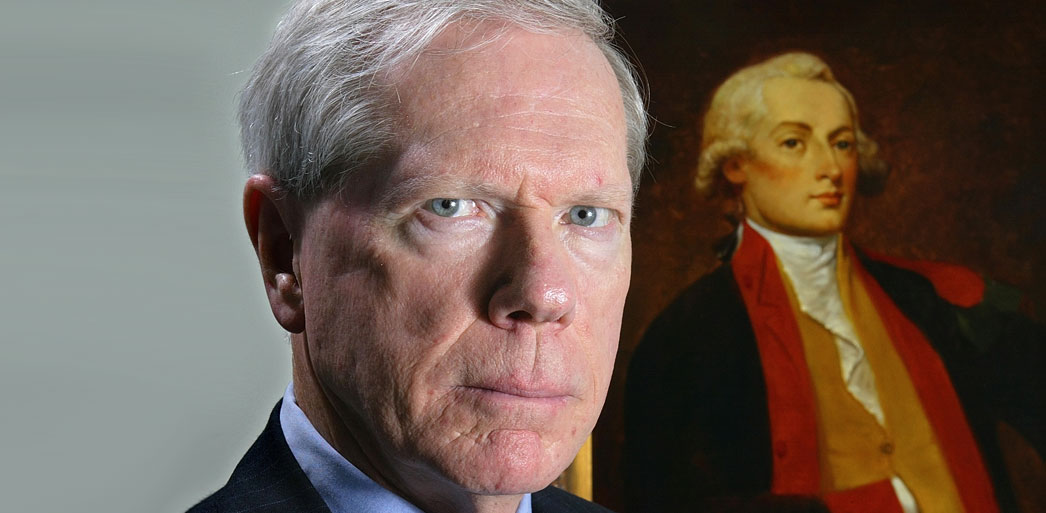
The inflation hoax
Yes, prices are rising, but not for the reasons the Federal Reserve says. When I say inflation is a hoax, I mean the purported cause is a hoax. The Fed is fighting a consumer inflation, a “demand-pull” inflation. But what we are experiencing is a supply-side inflation caused by the Covid lockdowns and economic sanctions that closed businesses, disrupted supply chains, and broke business relationships while reducing energy supplies to the UK and European countries, thus forcing up costs in a globalized economy.

Two-Party Pox: The Republicans suck and the Democrats want to kill you
The Republican Party has never stood up for Americans, will never stand up for them and is not going to do what it takes. Past is prologue.

Russia’s loss at Kharkov highlights crippling shortage of men
KharkovThe frontline in this case relied on heavily outnumbered 2nd rate Lugansk draftees plucked from the LPR.
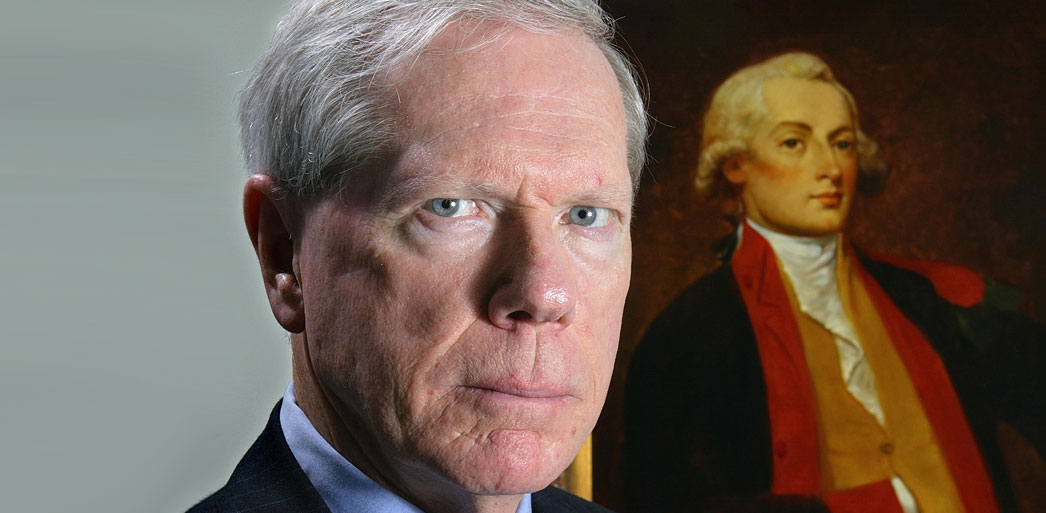
A country without an honest media is lost
For some time I have reported to you that in place of a media, a media that our founding fathers relied on to protect our society, the United States has had a propaganda ministry whose sole purpose is to destroy our society.

Sweden’s decaying democracy
A journalist is arrested and dragged out of the Gothenburg Book Fair because he politely asked a powerful politician... the wrong questions about his support for the ethnically-cleansed Zimbabwean dictatorship. Not only journalists, but academics and bloggers are being hounded by the leftist establishment daily. And the leftists have all the nasty instruments of the state at their disposal. Citizen reporter Fabian Fjälling looks into their excesses.
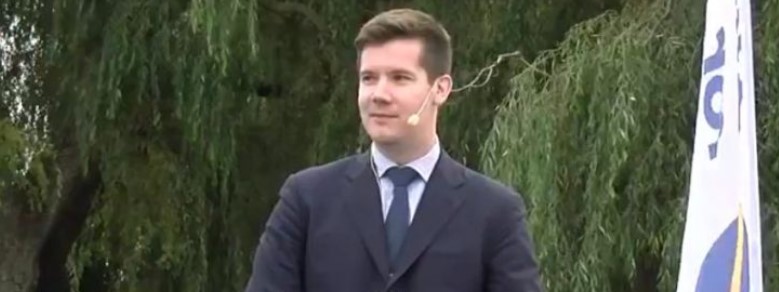
The geopolitical future of Nordic countries
Between unity and disunity, independence and foreign interference: Nordic countries have to either choose between creating an independent neutral block in the North, or seeing the region being divided between the great powers.
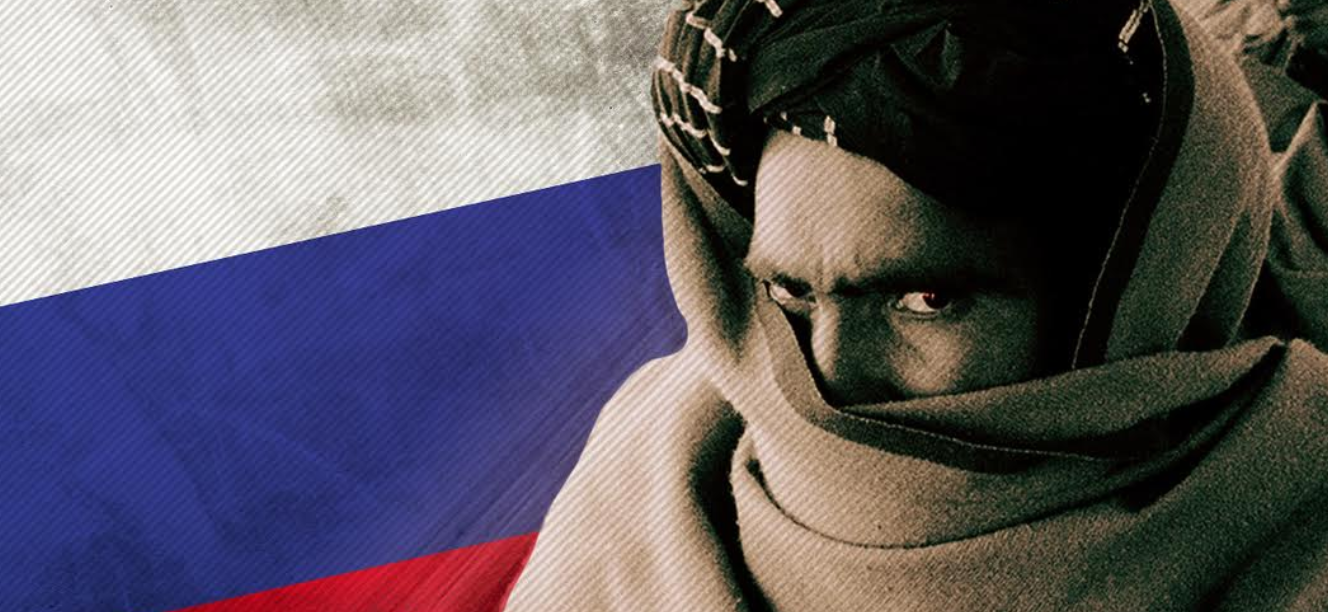
Russian, Chinese intelligence: ISIS heading for Central Asia with US cover
Operatives of the crumbling Islamic State in Syria and Iraq (ISIS) are moving to new battlegrounds near the Russian border, intelligence sources have revealed.

The unraveling of US/Russian relations
Washington has taken nuclear war against Russia from a hypothetical scenario to a real danger that threatens the future of humanity.

Hero commander killed in Syria – when the war is nearly won
For most Syrians it came as a shock: One of the most popular military commanders of the Syrian Arab Army, Issam Zahreddine, was killed on 18 October 2017.





